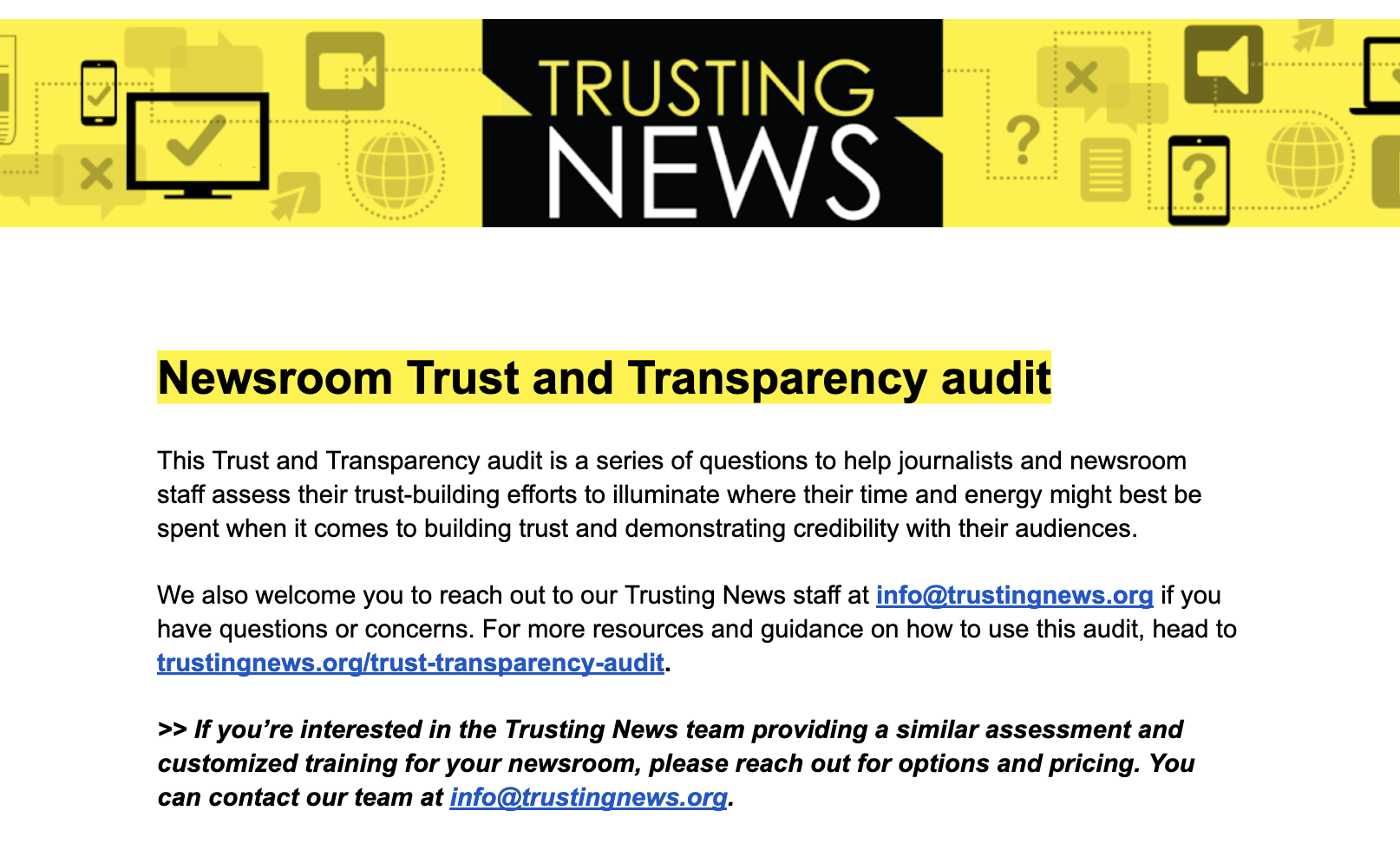Since its introduction in a 2008 whitepaper, Bitcoin (BTCUSD) has generated controversy and news. Its enthusiasts herald the cryptocurrency’s launch as the advent of a new and equitable monetary system. Critics point to the cryptocurrency’s role in criminal activities and the absence of legal recognition as proof that it is “rat poison squared.” The reality probably lies somewhere in between.
Meanwhile, governments around the world are eyeing Bitcoin’s advance and taking action when they can. Some, like El Salvador, have adopted it as currency. Others refuse to recognize it as legal tender, treat it as a commodity or property, or even ban it completely. In 2023, the European Union adopted a framework for regulating cryptocurrency.
Among other things, Bitcoin enables the citizens of a country to undermine government authority by circumventing capital controls imposed by it. It also facilitates nefarious activities by helping criminals evade detection. Finally, by removing intermediaries, Bitcoin can potentially throw a wrench in the existing financial infrastructure system and destabilize it.
(more)







